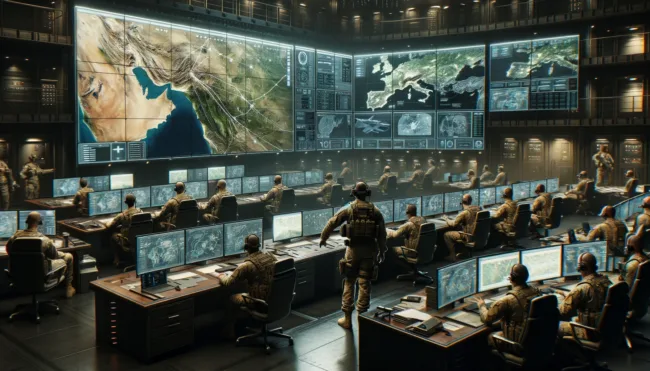World War III likely as Biden authorizes Ukraine to use US weapons to attack Russia
Chances for a World War III are highly likely as President Joe Biden has authorized Ukraine to use U.S.-supplied weapons for limited strikes within Russian territory, a significant shift in U.S. military policy amidst the ongoing conflict. This directive allows Ukrainian forces to target military positions near Kharkiv, responding to recent Russian advances in this northeastern region close to the border.
A Strategic Shift in U.S. Policy
The decision to ease restrictions on the use of American weapons is a departure from previous U.S. policy and reflects growing international pressure from allies. However, this authorization is specifically confined to the area around Kharkiv, and there is no indication from U.S. officials of any plans to extend this permission to other regions. “The president recently directed his team to make sure that Ukraine is able to use US-supplied weapons for counterfire purposes in Kharkiv so Ukraine can hit back at Russian forces hitting them or preparing to hit them,” stated one U.S. official.
Details of the Authorized Military Actions
Ukraine can now use U.S.-provided artillery and rockets to target Russian forces, ammunition depots, and logistical hubs just across the border from Kharkiv in western Russia. However, the U.S. has maintained restrictions on Ukraine’s use of its most powerful munitions, specifically the long-range ATACMS missiles, which have the capability to strike targets up to 300 kilometers away. Furthermore, the U.S. has allowed the use of anti-aircraft weapons to engage Russian aircraft operating in both Ukrainian and Russian airspace.

President Biden authorizes Ukraine to conduct limited strikes in Russia with US weapons, a significant shift aimed at deterring Russian advances.
International Support and Concerns
The policy change has received backing from European allies, with both France and Germany stating that Ukraine should be allowed to use Western-supplied weapons against Russian targets from which attacks are being launched. French President Emmanuel Macron, alongside German Chancellor Olaf Scholz, has affirmed that French-supplied long-range missiles could be used to strike targets within Russia, highlighting the delicate balance Western countries are trying to maintain to avoid escalating the conflict into a wider war involving NATO.
Geopolitical Implications
This policy shift by the Biden administration may alter the dynamics of the conflict, potentially deterring Russian aggression near the border areas. However, it also raises concerns about the escalation of hostilities and the broader geopolitical consequences. Secretary of State Antony Blinken underscored the U.S.’s adaptive stance when he noted that the administration could “adapt and adjust” its position based on the unfolding situation.
Discover more from Business-News-Today.com
Subscribe to get the latest posts sent to your email.

